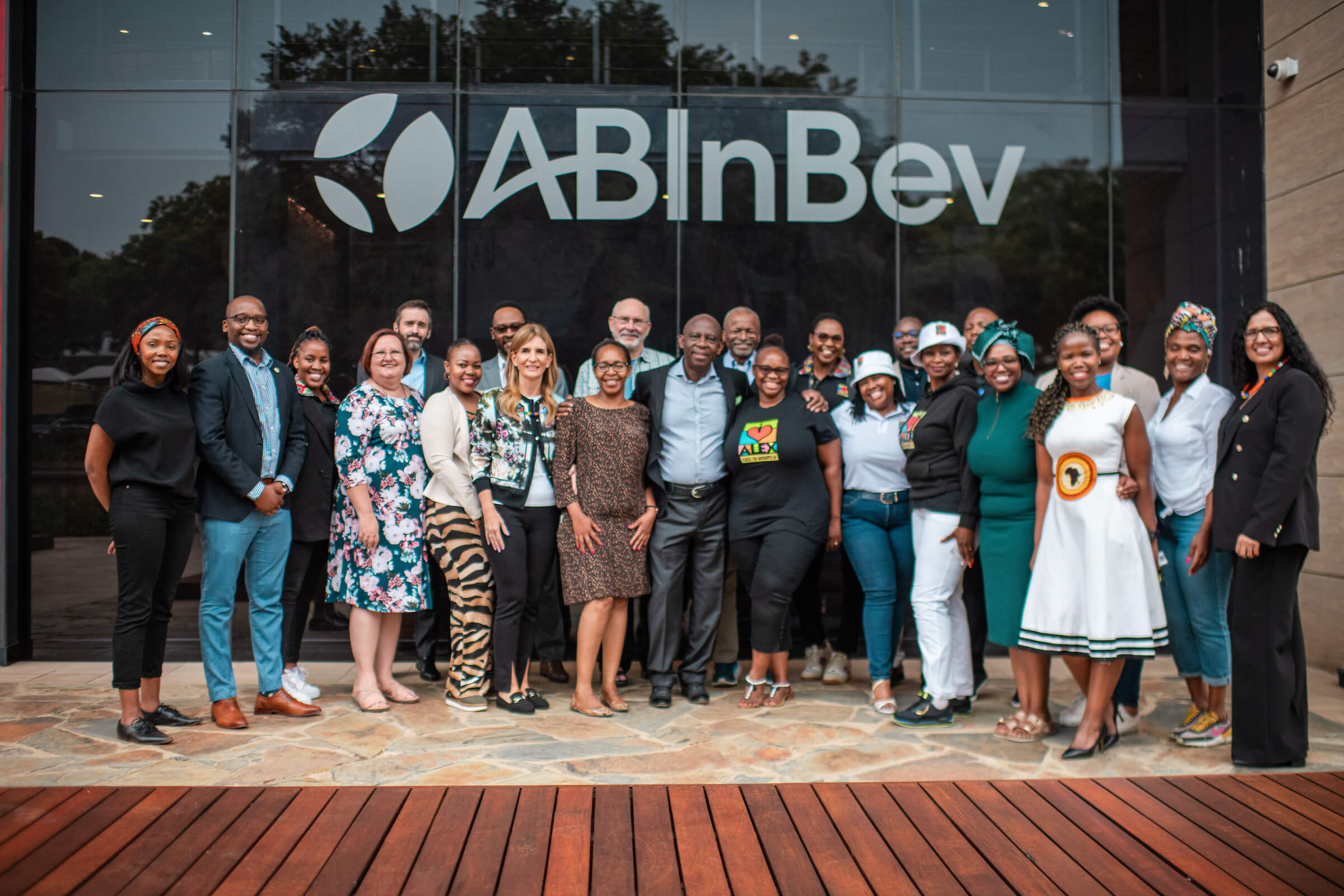SAB, AB INBEV FOUNDATION, EXPERTS AND GOVERNMENT LAUNCH PROGRAM TO REDUCE HARMFUL ALCOHOL USE IN SA COMMUNITIES
As part of its ongoing commitment to embed a greater sense of responsibility for consumption in South African communities, the AB InBev Foundation, in partnership with The South African Breweries (Pty) Ltd (SAB), has implemented an evidence-based Screening and Brief Intervention (SBI).
Given the damaging health and socioeconomic impact of harmful alcohol use in many South African communities, SAB and the AB InBev Foundation, partnered with other stakeholders to successfully pilot an evidenced-based public health measure, the Screening Brief Intervention (SBI) programme, in Alexandra Township.
Developed by the World Health Organisation (WHO), SBI is a tool that aims to identify current or potential problems with substance use and motivates people at risk to change their behaviour. Brief interventions are designed to be personalised and formulated in a supportive, non-judgmental manner.
The SBI programme also utilises WHO’s Alcohol Use Disorders Identification Test (AUDIT), which was developed as a simple international method of screening for excessive drinking and to assist in brief assessment in primary care settings.
The planning and implementation of this intervention adopted a partnership model that included local health authorities, non-governmental organisations and other community stakeholders with the intention of raising awareness about alcohol use and provide lifestyle change advice for alcohol users.
The project proved its success in the Alexandra Township in Johannesburg between 2020 and 2021. With the original aim of reaching 42 000 community members, the project exceeded expectations by positively impacting the lives of 54 191 community members during this period.
Director of Communities and Social Impact at SAB, Heidi Bartis says, “We have always been deeply committed to ensuring responsibility is a core function within our business. Although the problem of irresponsible alcohol consumption is real in many communities, it’s interventions like this that objectively create change for good.”
Bartis believes the programme’s success could largely be attributed to location and targeting. Programme interventions were implemented in four settings including two Primary Health Care Clinics, Community HIV Testing Services, and an OVCY Community-based Organisation (CBO) intervention initiative conducted by lay personnel and community outreach.
“The target population comprised residents of Alexandra, aged 18 years and older, with potential participants recruited through the identified location data bases, which perfectly lined up the impact we wanted to achieve,” says Bartis.
Bartis notes that none of this would be possible without the right partners in the mix. Considering responsibility within communities encompasses a wide range of public, private and social actors, the SBI programme was implemented in partnership local NGO HIVSA with independent evaluations performed by the University of the Witwatersrand. The programme was also overseen and guided by a Steering Committee comprised of the Gauteng liquor board, Department of Health, Department of Education, and the metro police.
Senior Director of Strategy and Impact at the AB InBev Foundation, Dr. Tom Achoki, says, “The Alex Project really demonstrated the power of partnerships in the planning and implementation of innovative public health programmes”.
Dr. Achoki further clarifies that, “Beyond identifying and changing behaviours, we also wanted to establish sustainable networking relationships among stakeholders in the community. This would ensure that any reform could be implemented consistently across the varied centres and institutions the people of Alex interact with.”
Based on the success achieved in the Alexandra Township, Bartis indicates that SAB and the AB-InBev Foundation intends to scale up the SBI programme through a digital platform. “By doing this we can reach a much wider pool of participants and increase awareness around their consumption patterns and help them better work towards becoming more responsible,” says Bartis.
In his endorsement of this initiative, Vusi Mazibuko Head of Health, City of Johannesburg, stated that he is pleased with the results of the SBI research. He reiterated that partnerships such as these are important for the public and private sector and there is a need to create these forms of initiatives at a national level in order to increase scale and accessibility to South Africans.
Bartis indicates that SAB would also initiate partnerships within the healthcare community to support and entrench the role of SBI as a tool to be utilised within the primary healthcare space to reduce irresponsible use of alcohol and foster a more responsible nation.
http://abinbevfoundation.org/wp-content/uploads/2021/07/2021.04.27-Toolkit-SBI-Final.pdf

